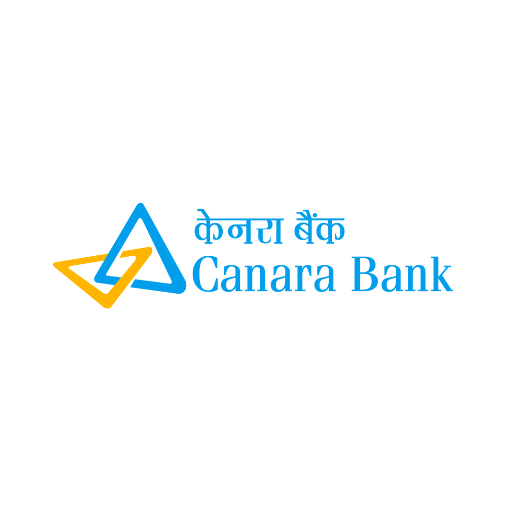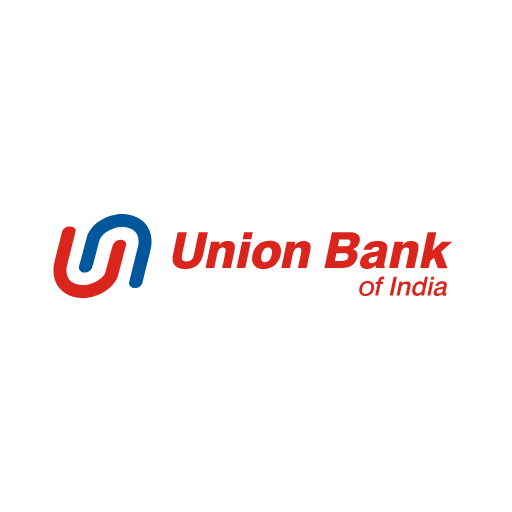NSDL IPO bonanza: SBI, IDBI Bank, NSE to book up to 400x gains
Early investors such as SBI, IDBI Bank, Union Bank, and NSE are expected to get up to 39,900% return on their original investment in NSDL.

After successfully raising ₹4,011.60 crore via the initial public offering (IPO) route last week, shares of National Securities Depository Ltd (NSDL), India’s oldest and largest depository, are set to make their public debut on the BSE and the NSE on August 6, 2025.
The NSDL IPO was fully an offer for sale of 5.01 crore shares at an issue price of ₹800 per share by existing shareholders, including IDBI Bank, NSE, State Bank of India (SBI), HDFC Bank, Union Bank of India, Canara Bank, and others. At this price, the company is eyeing a market capitalisation of around ₹16,000 crore.
Under the OFS, IDBI Bank offloaded 2.22 crore shares, while the National Stock Exchange (NSE) sold 1.80 crore shares. Additionally, SBI, HDFC Bank, and Union Bank of India put 40 lakh, 20 lakh, and 5 lakh shares, respectively, on the block. The administrator of the Specified Undertaking of The Unit Trust of India (SUUTI) sold 34.15 lakh shares. Collectively, these six entities own 14.54 crore shares in NSDL, representing 72.70% of the company’s total equity base.
All these institutional investors are expected to make massive profits from their early investments in NSDL. Early investors such as SBI, IDBI Bank, Union Bank, and NSE are expected to get up to 400 times returns on their original investment.
SBI, which invested just ₹80 lakh in NSDL at ₹2 per share, has offloaded 40 lakh shares at ₹800 per share. The country’s largest lender is poised to receive ₹320 crore in proceeds against its original investment, generating a massive return of 39,900%.
Similarly, IDBI Bank also sold 2.22 crore shares purchased at ₹2 each, which will translate an initial investment of ₹4.44 crore into ₹1,776 crore, making an equally staggering 39,900% return.
NSE, which had acquired a 24% stake in NSDL at an average cost of ₹12.28 per share, is the biggest beneficiary among early investors. The exchange’s ₹59 crore investment is now valued at ₹3,840 crore, amounting to a massive return of 6,415%.
Recommended Stories
Meanwhile, Union Bank of India is expected to earn ₹40 crore on its original investment of ₹26 lakh, generating a 15,000% return. In a similar trend, HDFC Bank, which invested ₹108 crore, will receive ₹139 crore, resulting in a 638% return, while Canara Bank’s ₹68.3 crore investment has grown to ₹273 crore, yielding a 300% return. SUUTI, with a relatively modest investment of ₹68.3 lakh, will receive ₹273.2 crore, getting a robust return of 3,900%.
What NSDL's GMP signals for listing day
Ahead of the market debut on August 6, NSDL shares were commanding a grey market premium (GMP) of ₹120 in the unlisted market, indicating the listing price to be around ₹920, up 15% over the issue price, data available on the InvestorGain website showed.
Notably, NSDL announced its IPO price band at a discount of 30% from its prevailing grey market valuation of ₹1,150 per share. However, NSDL is not the only one to have seen a drop in its valuation. HDB Financial Services, which raised ₹12,500 crore in the country’s largest IPO so far this year, also witnessed a similar trend. This can be largely attributed to the market meltdown, which is prompting companies to adjust their valuations to attract investors in a volatile environment.
(INR CR)
The NSDL IPO, which opened for bidding between July 30 and August 1, was subscribed 41.02 times, receiving bids for over 144 crore shares worth ₹1.15 lakh crore against 3.51 crore shares offered, according to exchange data.
The public issue was subscribed 103.97 times in the qualified institutional buyer (QIB) segment, followed by 34.98 times in the non-institutional investor (NII) segment. The quota reserved for retail investors was booked 7.76 times, while the employee portion was subscribed 15.42 times.





